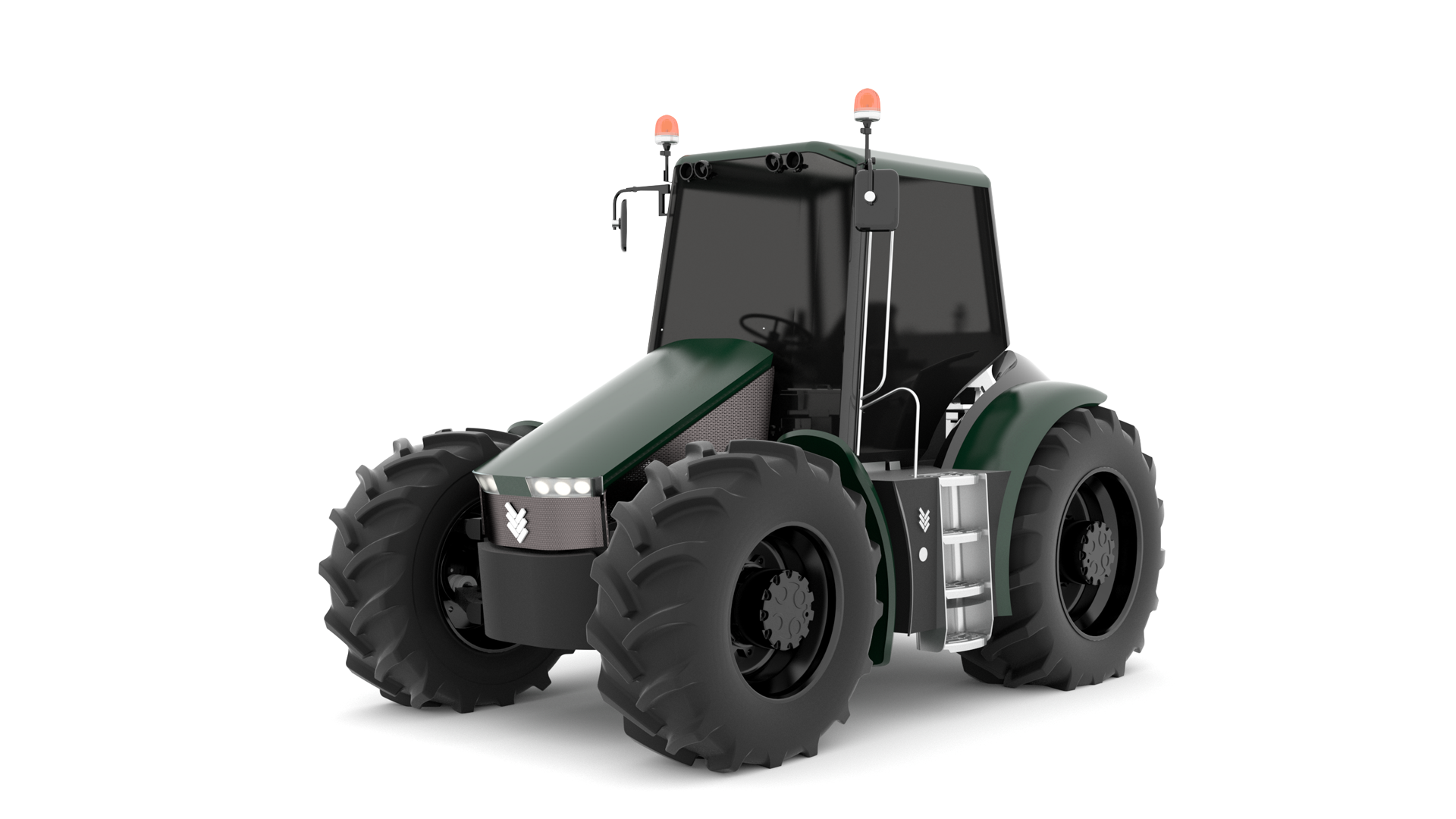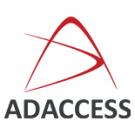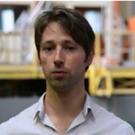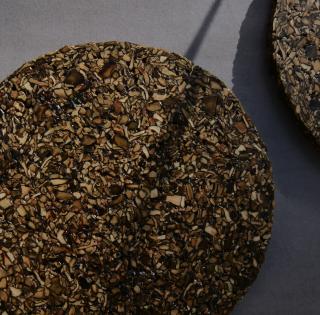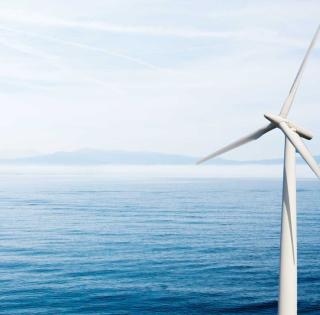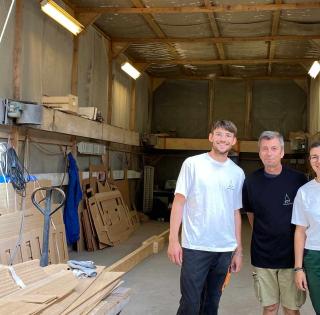
A graduate of Centrale Paris, Arthur Rivoal imagined a "Tesla" for agriculture during his studies. Sensitive to environmental issues, he began the project during his gap year in the banking sector in Brest, when he wondered why that there were no electrically-powered tractors operating in France. The project took shape during his last academic year, in the entrepreneurship field, and then became a reality within the ENSTA Bretagne incubator.
I discovered ENSTARTUPS through my roommate who was himself hosted in the ENSTA Bretagne incubator with his UMOJA start-up. He put me in touch with the ENSTA Bretagne team. I enjoyed discovering the technical world and support from teachers and students through the study projects.
Very early on, Arthur knew that he could not carry through this ambitious project on his own. Antoine Venet, an entrepreneur, became his partner through the HEC entrepreneur network. The team then grew through the success of an initial fund-raising operation.
"We have already raised more than a million euros through the Breton investment funds Epopée Gestion, Breizh Up and Business Angels.”
Breakthrough technology
The stakes are high. Breakthrough technology is involved. The tractor is completely redesigned to ensure optimum use: offer farmers a vehicle capable of carrying out the same types of work as standard tractors on the market, with a significant energy operating range (a day's work).
While the initial cost of the tractor will be between 30% and 50% more expensive than conventional models on the market, the investment will be largely profitable when taken over a 7-year period. From an ecological perspective, the tractor will have a 90% lower CO2 impact than conventional models.
Feedback from farmers is very encouraging. In a user-oriented approach, a group was set up to provide views during the stages of project development and to arbitrate on certain choices.
Our main challenges for the coming months are the hiring of senior technical profiles and the next round of fund-raising. We currently have some 10 employees in the structure and we expect to triple our workforce by the end of 2023. In order to do this, we need to successfully complete our next fund-raising operation.
The project is moving forward quickly. By mid-2023, Seederal will have its first demonstrator and the first factory rollout is scheduled for the year 2025. The revolution is on its way!






